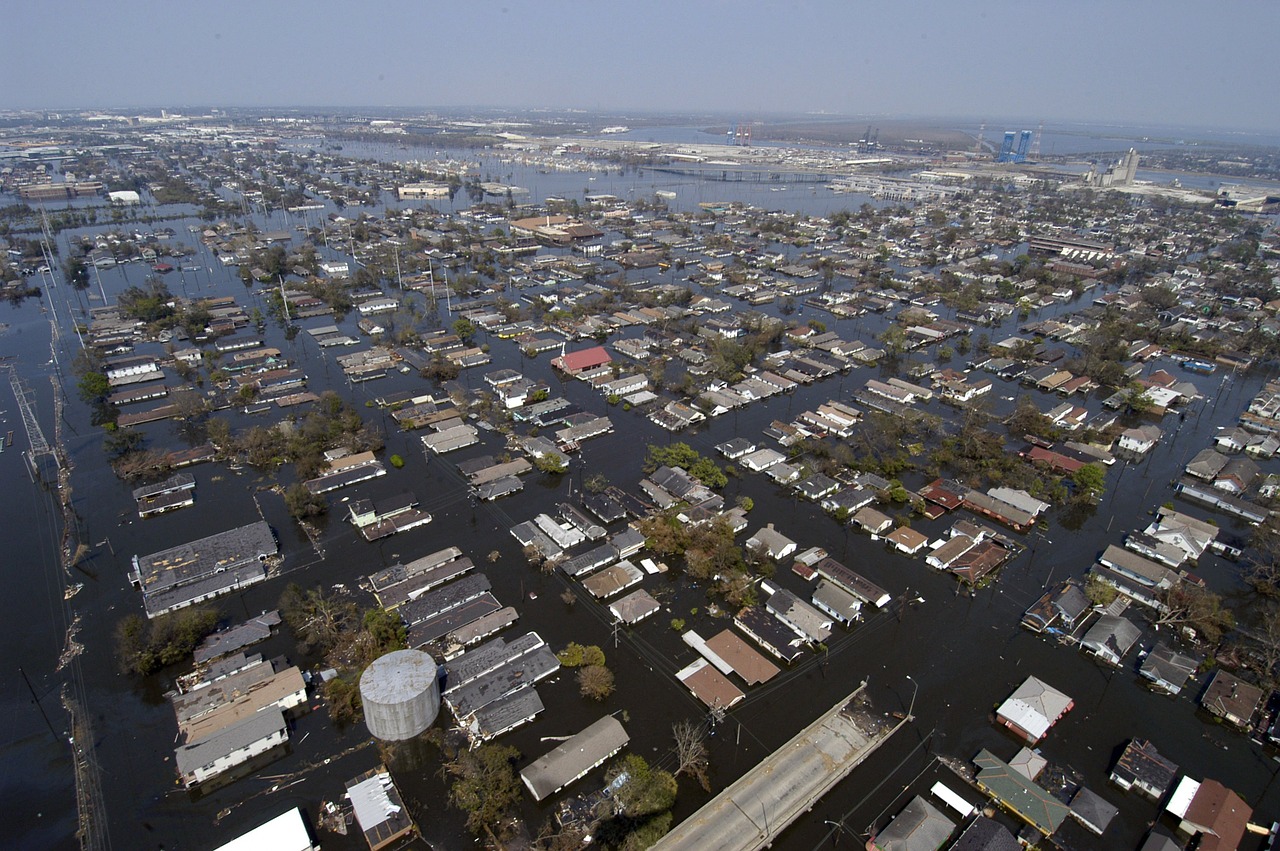Real estate investors are increasingly interested in resiliency plans and management best practices regarding the ability of buildings and developments to withstand severe storms and other natural events.
Potential investors want to know about procedures for identifying, mitigating, and disclosing the risks posed by climate change and natural disasters. Investors care about maximizing rent by minimizing risks, and preventative measures are critical, writes Tony Liou, president of Partner Energy, Inc., a provider of energy efficiency consulting services.
Owners can reduce fire risk by cleaning detritus around buildings, and reduce flood damage by relocating mission critical equipment away from flood-prone areas. Such steps can minimize property downtime that would result from expensive and long repairs requiring the property to be vacated.
Owners should conduct an assessment to determine which mitigation measures to adopt based on costs and the business plan. Then they should analyze whether they have adequate insurance coverage for risks that are too costly to mitigate.
Related Stories
Codes and Standards | Aug 10, 2020
Concrete Institute and Post-Tensioning Institutes expand partnership
Will collaborate on new structural post-tensioned concrete code requirements.
Codes and Standards | Aug 6, 2020
SpeedCore demonstrates excellent fire resistance without additional fire-protective coatings
New York City approves metal-concrete product for all five boroughs.
Codes and Standards | Aug 5, 2020
Designing, redeveloping communities for zero energy needed to address climate change
District heating and cooling systems boost efficiency.
Codes and Standards | Aug 4, 2020
Virginia is the first state to adopt COVID-19 worker safety rules
Include social distancing requirements, notifications when co-worker tests positive, timelines to return to work after recovery.
Codes and Standards | Aug 3, 2020
Report aids local governments on policy options, pathways to electrify new buildings
Document focuses on switching appliances and equipment away from natural gas, propane.
Codes and Standards | Jul 30, 2020
Institute for Market Transformation acquires Energy-Efficient Codes Coalition
Goal is to achieve net-zero construction by 2050.
Codes and Standards | Jul 29, 2020
Crackdowns grow on construction firms that fail to follow COVID-19 guidelines
States, cities, and OSHA enforce social distancing, hand-washing regulations.
Codes and Standards | Jul 28, 2020
California utility adopts climate emergency declaration
Sacramento-region company commits to working towards carbon neutrality by 2030.
Codes and Standards | Jul 27, 2020
Updated Energy Plus and OpenStudio building energy modeling tools released
Software offers performance enhancements.
Codes and Standards | Jul 23, 2020
North Carolina will stop relying on FEMA flood mapping
State will identify flood zones on its own.

















